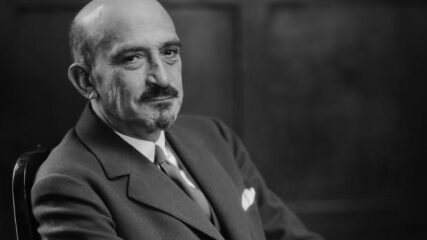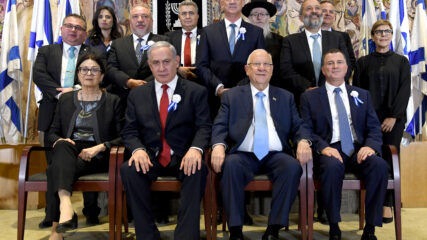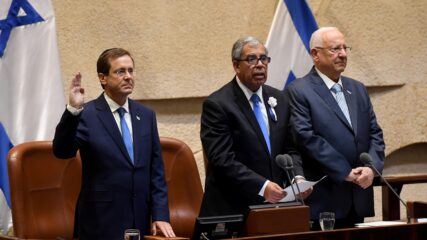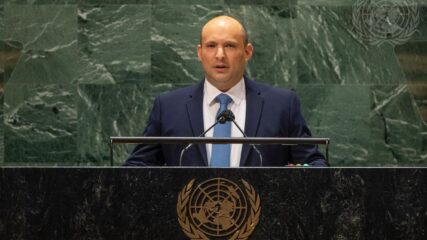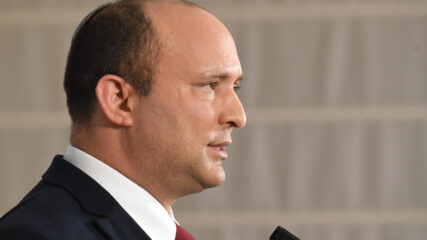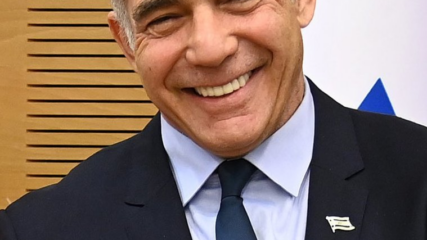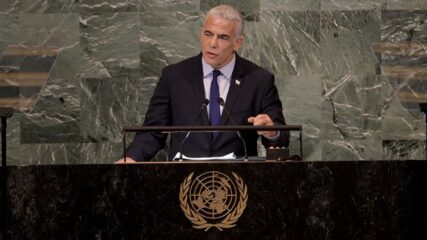It was the style of Weizmann’s leadership rather than his politics that came under fire at the 17th Zionist Congress held in Basle in July 1931. His policies, to be sure, were much criticized, but his displacement from the presidency of the World Zionist Organization and Jewish Agency at that Congress did not alter the basic strategy of the movement. Officially, Weizmann remained in the wilderness for the ensuing four years, until his re-election as President at the 19th Congress in Lucerne in August 1935. Nevertheless, he would not allow his political judgment to relax, nor would he abdicate from his role as a Jewish statesman of international rank. For January, 1933, saw the advent of Adolf Hitler to power.


